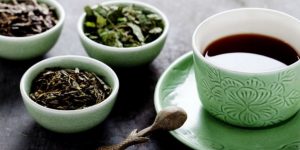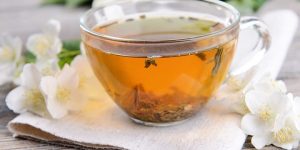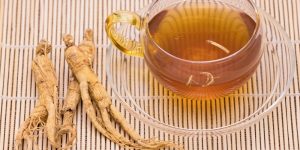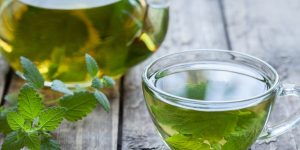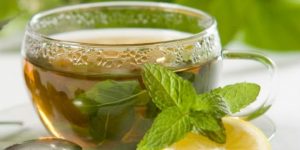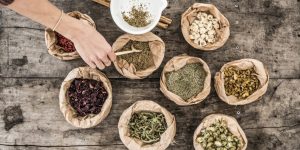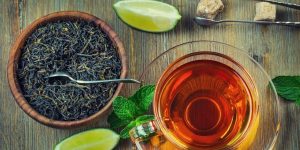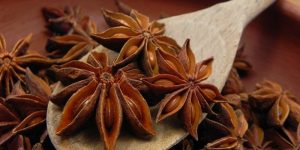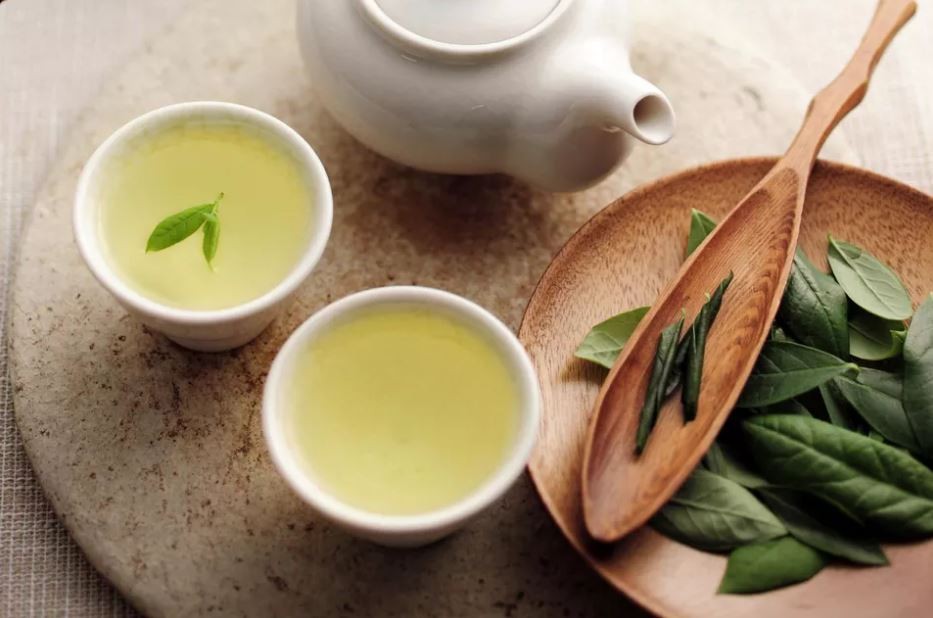
O Green Tea is a type of beneficial tea made from the leaves of the tea plant. It is grown in China and Japan, where it is also the most popular. O Green Tea is gaining global acclaim, mainly due to its potential health benefits.
There are different types of Green Tea, including dragonwell, gunpowder, matcha and sencha. Although they vary in flavor, green teas tend to have a mild flavor. It is also used in recipes for tea-flavored foods and other drinks, such as smoothies.
Quick Facts
Origin: China, Japan
Temperature: 150-180°F
Caffeine: 12-75 mg per cup

What is green tea?
O Green Tea is a type of tea made from the leaves of the tea plant (Camellia sinensis). Furthermore, it is an evergreen shrub that originated in the forest region of southwestern China. Specifically, it comes from the Chinese tea plant (Camellia sinensis sinensis).
It thrives in high altitudes with cool temperatures and has a sweeter, milder flavor than the other variety of the tea plant (Camellia sinensis assamica), which is mainly used for black teas. Japan and China dominate production.
All tea leaves are harvested by hand. Furthermore, with the Green Tea, the leaves are preserved with heat immediately after harvest, while the leaves of black tea oxidize before being dried.
In Japan, it is dried with steam, while Chinese green teas are processed with dry heat using an oven-like drum or wok-like vessel. Most of it is just tea leaves.
Some Japanese types use only stems or combine them with leaves. There are several types of Green Tea available, varying in the way the tea is processed. The flavor differs depending on the specific type.
Although it is generally softer and sweeter than black tea. Furthermore, Japanese green teas stand out for their strong vegetal flavor, reminiscent of seaweed, with citrus notes.
Chinese green teas tend to have a mild, slightly sweeter vegetal flavor and nutty, floral, woody and spicy notes. vanilla. Pay attention to the types of Green Tea, look for one that suits your needs.((https://www.mdpi.com/1420-3049/23/3/512))
Benefits of green tea
How the Green Tea undergoes less processing than black tea, many of the potential health benefits attributed to tea leaves remain intact. Many studies specifically link these benefits.
And it's often considered one of the healthiest drinks available. As with all things, moderation is recommended. Furthermore, this tea has specific benefits for all the problems below, check what they are now:
Brain function and aging
The moderate level of caffeine in Green Tea is a stimulant that can improve focus, concentration and quick thinking, as well as improve mood.
It also contains the amino acid L-theanine, which can reduce anxiety and caffeine jitters. Pay attention to its effects related to brain function.
Studies have linked regular consumption to a longer life and suggest that it may reduce the risk of Alzheimer's disease or Parkinson's disease.
Metabolism and body weight
Tea is a calorie-free drink, so it can help you maintain a healthy weight. Additionally, substituting high-calorie drinks can help with weight loss.
Furthermore, studies observed that the Green Tea It can increase the body's metabolic rate and help burn fat.((https://www.mdpi.com/1420-3049/21/10/1305))
Prevents cancer
O Green Tea It is at the center of hundreds of cancer prevention and treatment studies. Additionally, many point to tea's catechins (flavonoids), which are natural antioxidants and may affect tumor formation in some types of cancer.
Cholesterol and blood pressure
Heart health is another common area of study for all teas. It is believed that drinking tea regularly can lower cholesterol, blood pressure and reduce the risk of heart disease or stroke.
Good for diabetes
As long as you don't add it, it's naturally sugar-free, so it's a good drink for people with diabetes. Furthermore, some studies point to the possibility that the Green Tea may improve insulin sensitivity and blood sugar levels.
Skin and teeth health
The catechins of Green Tea can help with tooth health by killing bacteria. Furthermore, its antioxidants are believed to be good for maintaining skin health and, in particular, signs of aging.
Uses of green tea
Because it contains caffeine, it is best to drink Green Tea daytime. It's pleasant before, during or after a meal and can even help with digestion.
How to drink green tea
Unlike the black tea, it does not need cream, sugar and other additives, which may even reduce its health benefits. Also, a little lemon juice is a good flavor boost for some types.
Most are prepared with boiling water between 150 F and 180 F. Additionally, preparation times vary by type, although they are generally short. Steaming Japanese green teas only requires 30 seconds.
And others can last up to four minutes. Prepare Green Tea for a long time will make it bitter. Additionally, always follow the time and temperature recommendations provided with the specific tea you are brewing.
Caffeine content in green tea
In general, the Green Tea It has less caffeine than most other teas and coffee. However, some types, such as matcha, may contain more caffeine than black tea or even express. If you're sensitive to caffeine, try decaf, brew it weaker, or switch from tea bags to loose leaf tea.
Buying and storing
There are many green teas on the market and they are easy to find in supermarkets, tea shops and online. Additionally, it's worth exploring different brands and types to find out which one you like best.
Spend a little more on one Green Tea High quality is also a good idea if you want the tastiest cup of tea. Storing tea properly is important to preserve its flavor and extend its shelf life.
Keep tea away from heat, humidity, direct light and anything with a strong odor. It is generally best to store the Green Tea in an opaque, tightly closed container. Once the package is opened, drink the tea within a few months.
Revenues
O Green Tea It makes an excellent cup of tea, hot or cold. It's also a great base for extra flavors like herbs and spices. Additionally, Matcha is a powdered tea and a favorite ingredient in smoothies and tea-flavored food recipes.
Types of green tea
There are several different types of Green Tea, and each has its own taste characteristics.
Bi Luo Chun:
A Chinese favorite, this tea has a sweet, vegetal flavor.
Dragonwell:
A very popular Chinese tea in the United States, it has a smooth, sweet chestnut flavor.
Genmaicha:
A mix of Japanese tea and puffed rice, this type has a sweet, roasted, vegetal flavor.
Gunpowder:
A Chinese tea that compresses dried leaves into pellets, it often has a light, herbaceous flavor.
Gyokuro:
One Green Tea Japanese fruit grown in the shade, which perfectly displays the umami flavor.
Hōjicha:
A Japanese tea roasted with leaves and stems, this type is low in caffeine and has a woodsy flavor that will appeal to coffee drinkers.
Jasmine:
A favorite among flavored tea blends, the gentle sweetness of jasmine flowers adds a delicate flavor to the Green Tea.
Kukicha:
Steamed tea made from Japanese tea stems has a sweet, vegetal flavor with little caffeine.
Matcha:
A powdered Japanese tea of this type has a bittersweet flavor.
Sencha:
Green Tea popular in Japan, it has a vegetal and grassy flavor.((https://www.e-dmj.org/journal/view.php?doi=10.4093/dmj.2017.41.4.251))
Side effects
The side effects of Green Tea are very rare. Additionally, they are generally only experienced by people who drink large quantities or by people with certain medical conditions.
O Green Tea It may interfere with certain medications, so consult your doctor about drinking it. People with caffeine sensitivity are more susceptible to the side effects of excessive caffeine consumption.
These include restlessness, heart palpitations, difficulty sleeping, anxiety, irritability, increased heart rate and high blood pressure. It can also increase the amount of calcium expelled from the body with urine.
Although much less than coffee, Green Tea contains tannins, which stimulate the stomach to secrete more acid. This can cause an upset stomach or nausea in people with peptic ulcers or acid reflux, and make diarrhea worse.
Tannins can also prevent the blood from absorbing certain nutrients, particularly non-heme iron. Additionally, drinking on a full stomach can lessen these effects.

